Southport killer showed 'murderous intent' aged 13
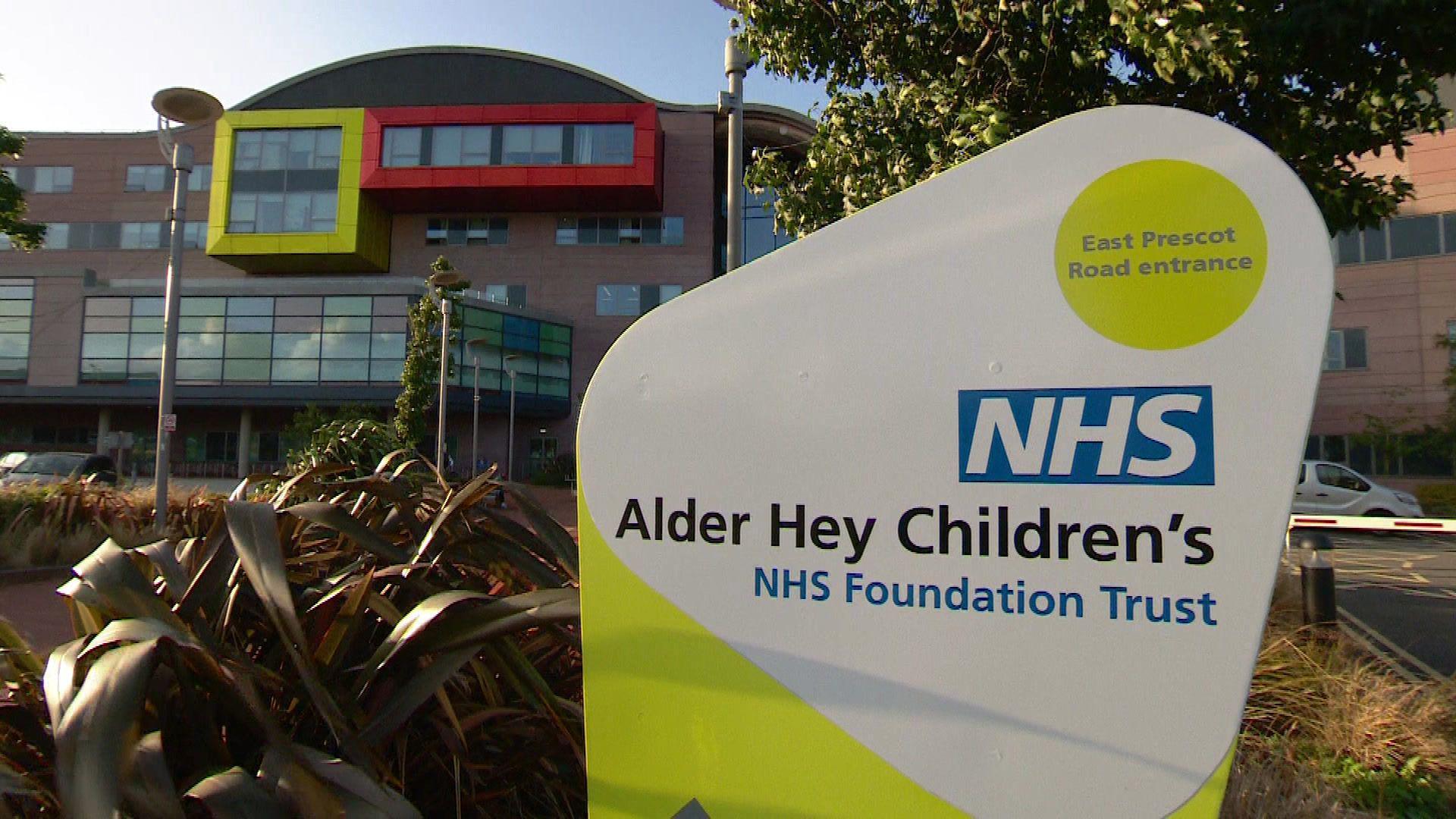
Mental health services at Alder Hey Children's Hospital NHS Foundation Trust failed to recognise a "toxic mix" of risk factors
- Published
The Southport killer's "clear murderous intent" was missed by mental health services for years before his deadly attack, a public inquiry has heard.
An eight-month wait for an autism diagnosis, missing documents and lack of communication meant the risk Axel Rudakubana posed to others was not properly recognised, according to evidence presented at Liverpool Town Hall.
A senior clinician at Alder Hey Children's Hospital agreed his "lack of empathy" combined with a "fascination with violence" and neurodiversity added up to a "really toxic mix".
Lynsey Boggan, clinical lead for neurodevelopmental services at Alder Hey, said clinicians had been "blindsided" by key information not being shared.
The teenager went on to murder Alice da Silva Aguiar, nine, Elsie Dot Stancombe, seven and six-year-old Bebe King at a Taylor Swift themed dance workshop on 29 July 2024, while also severely wounding eight other childen and two adults.
The Southport Inquiry heard Rudakubana was first referred to Alder Hey's Community Paediatric Service by his GP on 14 August 2019 due to signs of potential autism spectrum disorder, including struggling with social interactions and "hyperfixation on specific interests".
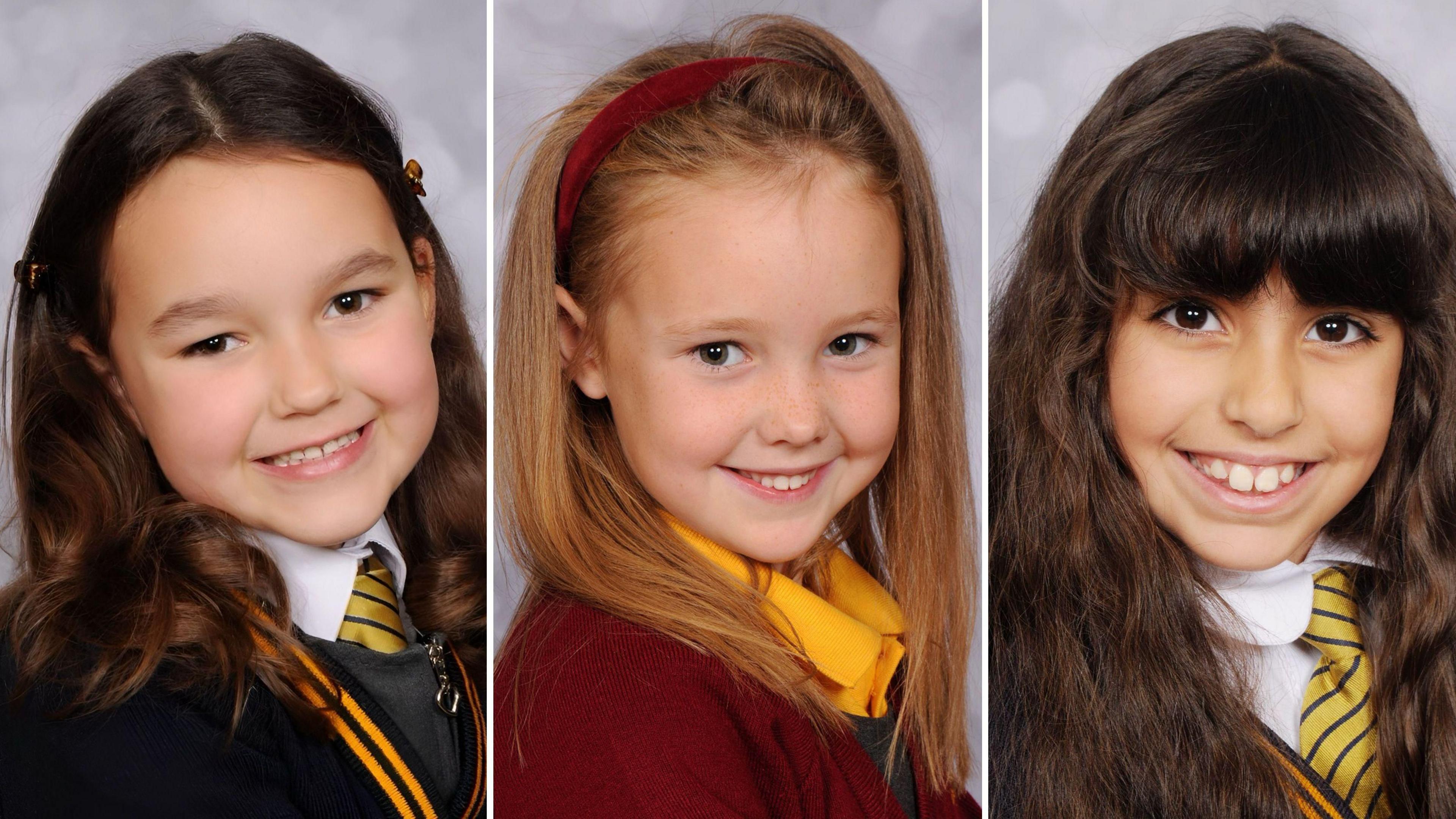
Bebe King, Elsie Dot Stancombe and Alice Aguiar were killed in the 29 July 2024 attack
The inquiry heard the referral was accepted and the teenager was added to a waiting list with an average time at that point of around 11 weeks.
However Rudakubana was not given an appointment until 2 July 2020, 45 weeks later.
Registered nurse Ms Boggan, who did not work at Alder Hey in 2019, said she had conducted a review of the records and could not explain why there was such a long delay in the autism assessment.
The inquiry heard that while he was on the waiting list, a teacher at The Acorns specialist school in Ormskirk sent emails to the paediatric service in December 2019 asking for help with Rudakubana.
Deputy head Joanne Hodson explained how in October that year he had been expelled from mainstream education by the Range High School in Formby, after calling Childline and saying he had carried a knife in school due to being bullied.
Ms Hodson wrote: "I asked him about the incident at his admissions meeting and he was monotone, emotionless and very matter of fact about his intentions."
She said The Range had described him as showing a "significant lack of emotion and awareness" about the risk involved in carrying a knife.
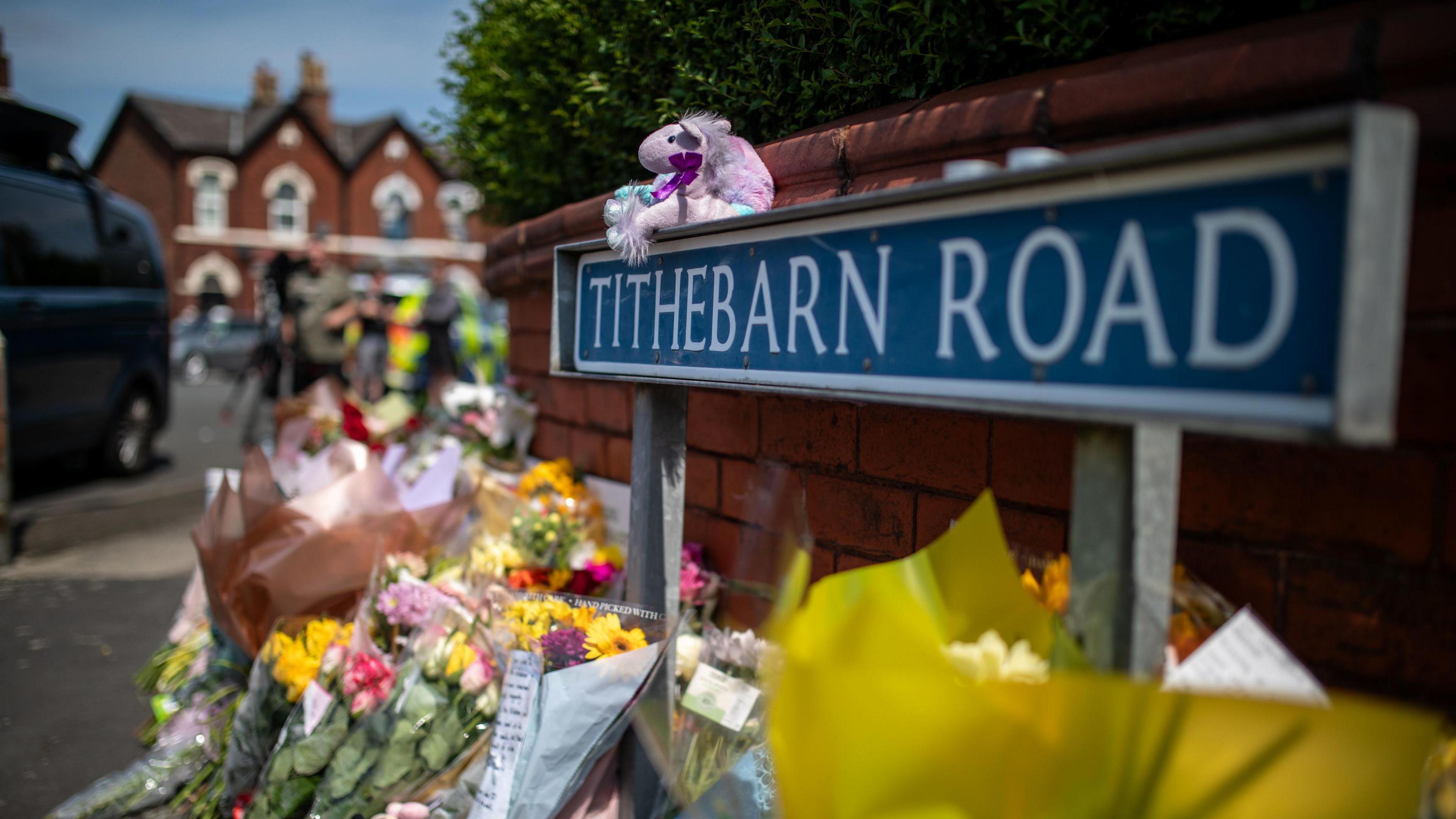
Rudakubana murdered the three children three months after being discharged from mental health services
Ms Hodson said he had researched school shootings during lessons at the Acorns, made a comment about strangers being afraid he would murder them and was "fixated" on another student he believed was bullying him, despite no evidence it was true.
Ms Boggan said when she reviewed the records, she found no evidence the emails had been responded to and said no attempt to speed up his autism diagnosis had been made.
Under questioning from Nicholas Moss KC, counsel to the inquiry, she agreed that was a "marked shortcoming".
The inquiry heard the delay in his autism diagnosis had a knock-on effect on an assessment by the Forensic Child and Adolescent Mental Health Service, which specialises in interventions with young people considered high risk of harm.
The service had written a letter in January 2020 stating it was waiting for the outcome of an autism referral before completing its assessment.
Ms Boggan said it appeared that letter had not made its way to the autism assessment team and Rudakubana was not referred back to FCAMHS after he was eventually diagnosed with autism at a multi-disciplinary panel meeting on 30 December 2020.
'Intent to kill'
Nicholas Bowen KC, representing the families of the three murdered girls, suggested that the significance of two disturbing incidents in 2019 "rather got lost in the wash".
He said the Childline incident meant Rudakubana's "active homicidal and murderous intent" was "clear".
The second, in December, involved Rudakubana returning to the Range High School and attacking a pupil with a hockey stick, while also carrying a knife in his backpack.
"So if you've got intent to kill, followed by going equipped to kill," Mr Bowen said.
He asked if mental health pracitioners had been fully aware of both incidents, there could have been "any other decision" than to speed up Rudakubana's diagnosis.
Ms Boggan replied: "Yeah, I mean I do agree there shouldn't have been a delay and the risk was obviously very present at that time.
"The assessment should have been done there and then."
'Toxic mix'
She said if the diagnosis had come sooner, she believed an FCAMHS assessment may have taken place and a "robust support package" could have been initiated.
Mr Bowen also asked about missed opportunities to assess Rudakubana for attention deficit hyperactivity disorder (ADHD), which had been asked for in his original GP referral but never happened.
Mr Bowen highlighted that one treatment for the condition, a medication called dexamphetamine, acts by reducing impulsivity, improving emotional regulation, blocking out "mental noise and distraction" and improving concentration.
Ms Boggan said the questions of whether he would have been diagnosed with ADHD and then given that specific medication were "complex" and would have been based on detailed clinical assessments, but agreed it was possible.
Mr Bowen suggested: "The combination of high intelligence, lack of empathy fascination with violence, potential conduct disorder and ADHD all add up to a really toxic mix?"
Ms Boggan replied: "Yeah, it is concerning."
The inquiry also heard a nurse offered a "£5 bet" on what would happen to Rudakubana at a meeting of multi-agency professionals who were discussing his care on 21 January 2020.
A note from the meeting recorded that John Hicklin, a clinical nurse specialist with the Forensic Child and Mental Health Service (FCAMHS), mentioned the bet.
According to the note, Mr Hicklin said there was no "crystal ball" to show what Rudakubana would do and "he would offer a £5 bet to anyone who could say what was going to happen next".
Mr Hicklin told the inquiry the note lacked context, while Greater Manchester Mental Health NHS Foundation Trust said his comments did not reflect the values, standards and expectations of the service.
Mr Hicklin said: "This was about, I would say, thinking about the future and how we move on from an understanding of the risk to finding a way to kind of manage that in a community setting."
The inquiry continues.
Get in touch
Tell us which stories we should cover on Merseyside
Listen to the best of BBC Radio Merseyside on BBC Sounds and follow BBC Merseyside on Facebook, external, X, external, and Instagram, external, and watch BBC North West Tonight on BBC iPlayer.
Related topics
- Published20 October
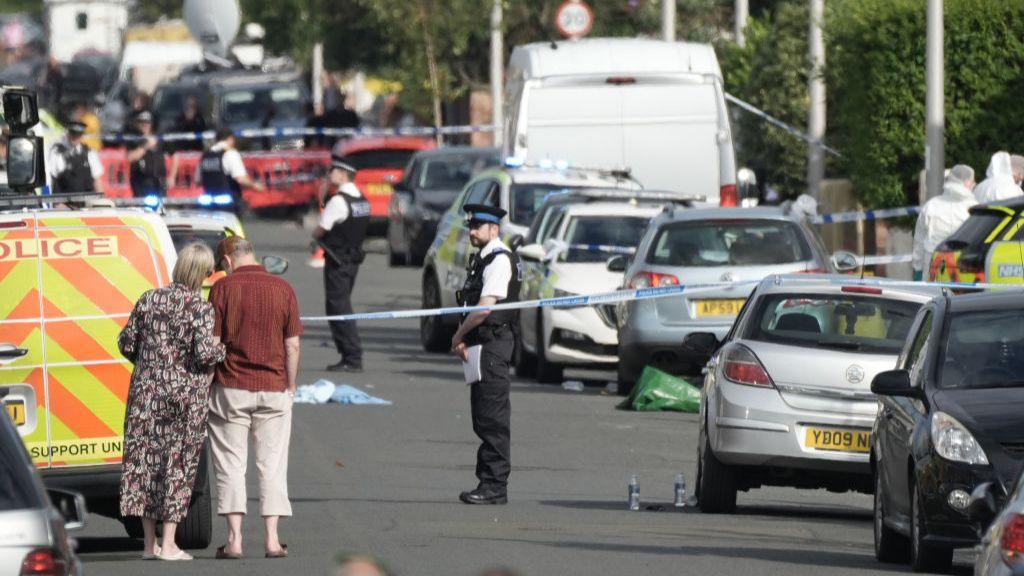
- Published14 October
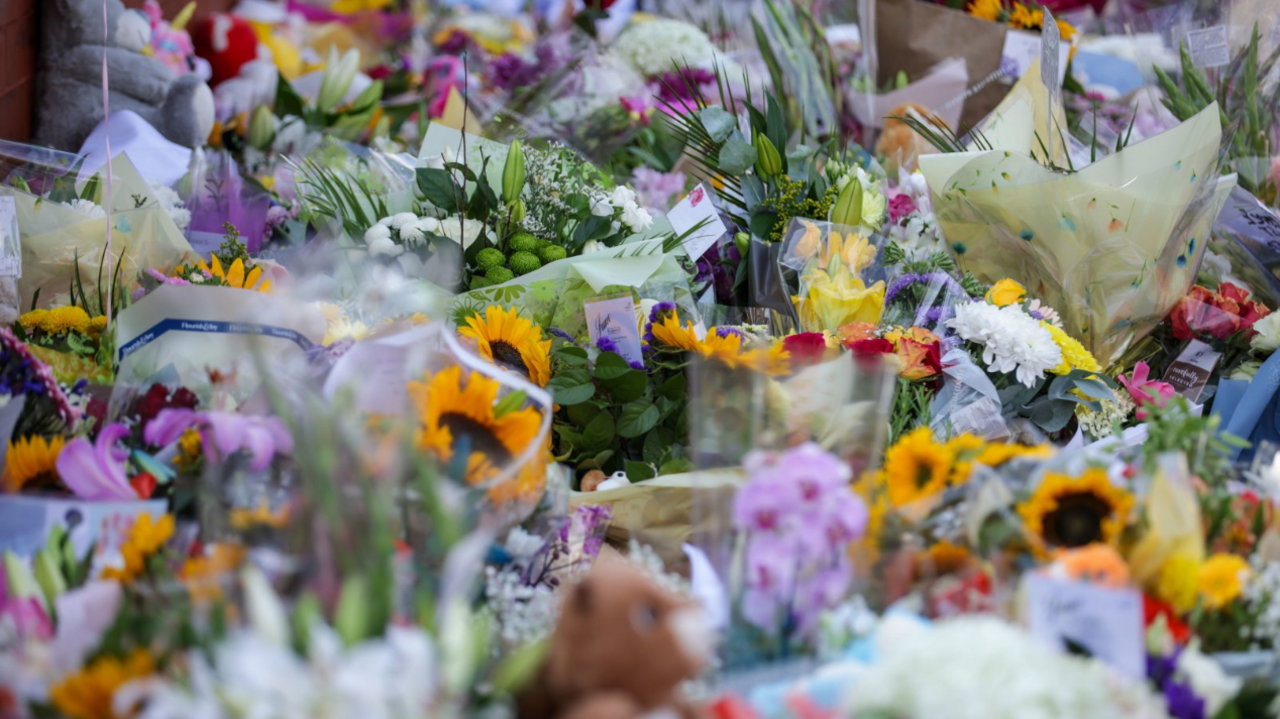
- Published1 October
